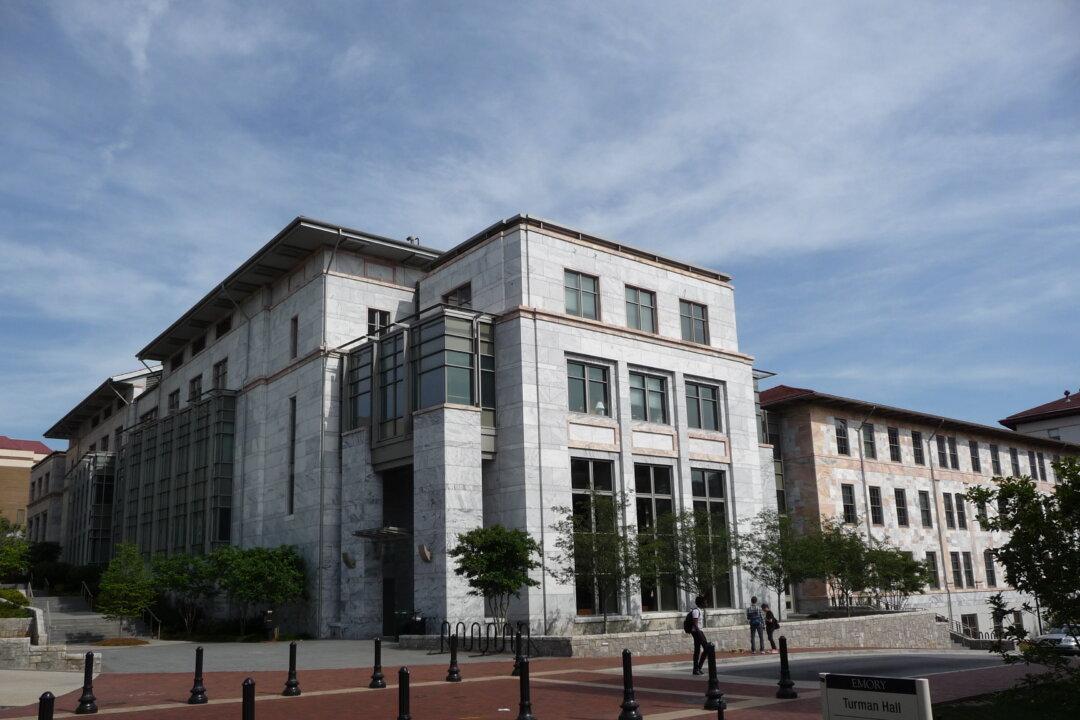A former professor at Emory University has been convicted of tax fraud in connection to his concealment of earnings from participating in a Chinese state-run job recruitment program that aims to benefit Beijing.
Li Xiaojiang, a 63-year-old naturalized U.S. citizen originally from China, worked at the Atlanta-based university’s department of human genetics for 23 years before being fired in May 2019 for failing to disclose his financial ties to China. His wife, Li Shihua, who worked in the same department, was also fired.



